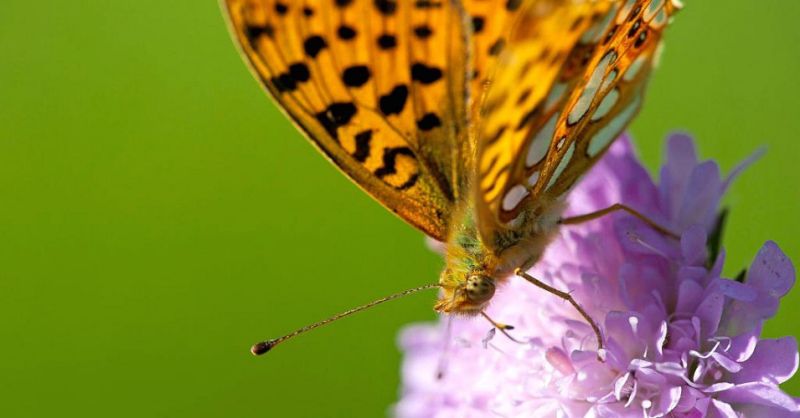-
Tips for becoming a good boxer - November 6, 2020
-
7 expert tips for making your hens night a memorable one - November 6, 2020
-
5 reasons to host your Christmas party on a cruise boat - November 6, 2020
-
What to do when you’re charged with a crime - November 6, 2020
-
Should you get one or multiple dogs? Here’s all you need to know - November 3, 2020
-
A Guide: How to Build Your Very Own Magic Mirror - February 14, 2019
-
Our Top Inspirational Baseball Stars - November 24, 2018
-
Five Tech Tools That Will Help You Turn Your Blog into a Business - November 24, 2018
-
How to Indulge on Vacation without Expanding Your Waist - November 9, 2018
-
5 Strategies for Businesses to Appeal to Today’s Increasingly Mobile-Crazed Customers - November 9, 2018
One in seven species faces extinction from Great Britain
“There is a real opportunity for the UK Government and devolved administrations to build on these efforts and deliver the significant investment and ambitious action needed to bring nature back from the brink”.
Advertisement
Graham Jones, RSPB Conservation manager for North West England, said: “This report shows that while there have been some wonderful conservation successes in recent years, there is still a huge job to do if we want to save nature in the UK”.
The research also suggests that 56% of nearly 4,000 studied land and freshwater species suffered declines in numbers or the areas where they are found between 1970 and 2013.
It comes as the debate intensifies over the future of subsidies for farming after Brexit – with £3 billion paid to United Kingdom farmers largely for owning land under the EU-wide common agricultural policy.
Sir David Attenborough, who wrote a foreword to the report, said: “The natural world is in serious trouble and it needs our help as never before”.
Of almost 8,000 species assessed, 15% were threatened with extinction from Great Britain.
“Other causes acknowledged in the report, such as urbanisation, climate change or increasing predator pressure need greater attention”.
But changes in farming due to government policy is key to declines, with a loss of mixed farms, changes to sowing patterns, a switch from hay to silage in pastures, increased use of pesticides and fertilisers and a loss of habitat taking their toll, the report said.
And pointing to the loss of 97% of wildflower meadows since the Second World War, Dr Trevor Dines, of Plantlife, said: “Where there were once flowers at our feet there is now a factory floor, little more than green concrete”.
New wetland has been created and new woodland planted by conservation schemes, and sites such as old gravel works have also provided habitats for struggling species.
“Since 2013, the partnership and many landowners have used this knowledge to underpin some awesome scientific and conservation work, but more is needed to put nature back where it belongs – we must continue to work to help restore our land and sea for wildlife”.
Ahead of the event, he praised the progress that had been made by conservationists since the first State of Nature report in 2013, but he also issued a stark warning. Landscapes are being restored, special places defended, struggling species being saved and brought back.
“Millions of people in the United Kingdom care very passionately about nature and the environment and I believe that we can work together to turn around the fortunes of wildlife”.
Contributing factors included changes in farming methods and climate change, the report said.
National Farmers Union vice president Guy Smith accused environmental groups, such as the RSPB, of painting a misleading picture of how agriculture impacts on wildlife.
“Cornwall Wildlife Trust is keen to support people in getting involved in their local wildlife, for example through helping us to gather information Cornwall’s iconic animals, the bottlenose dolphin and basking shark, through our Seaquest project”. This is why farmers are best-placed to be part of the solution.
Advertisement
It said “ambitious decisions and significant investment” in the environment are needed to ensure protection of the country’s habitats and wildlife for future generations.




























